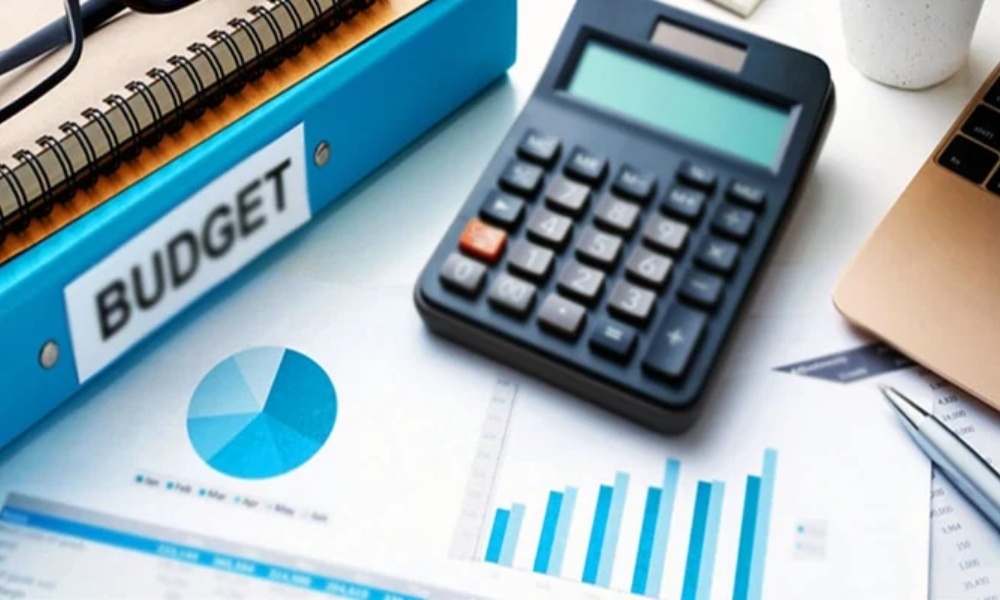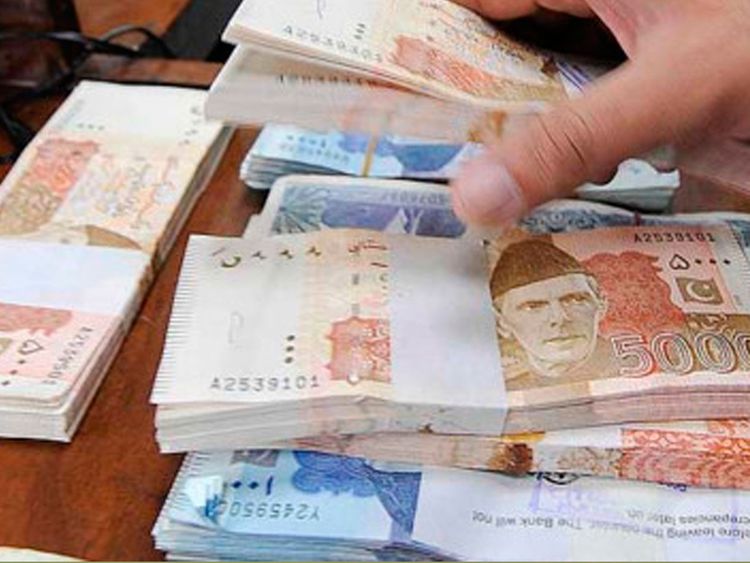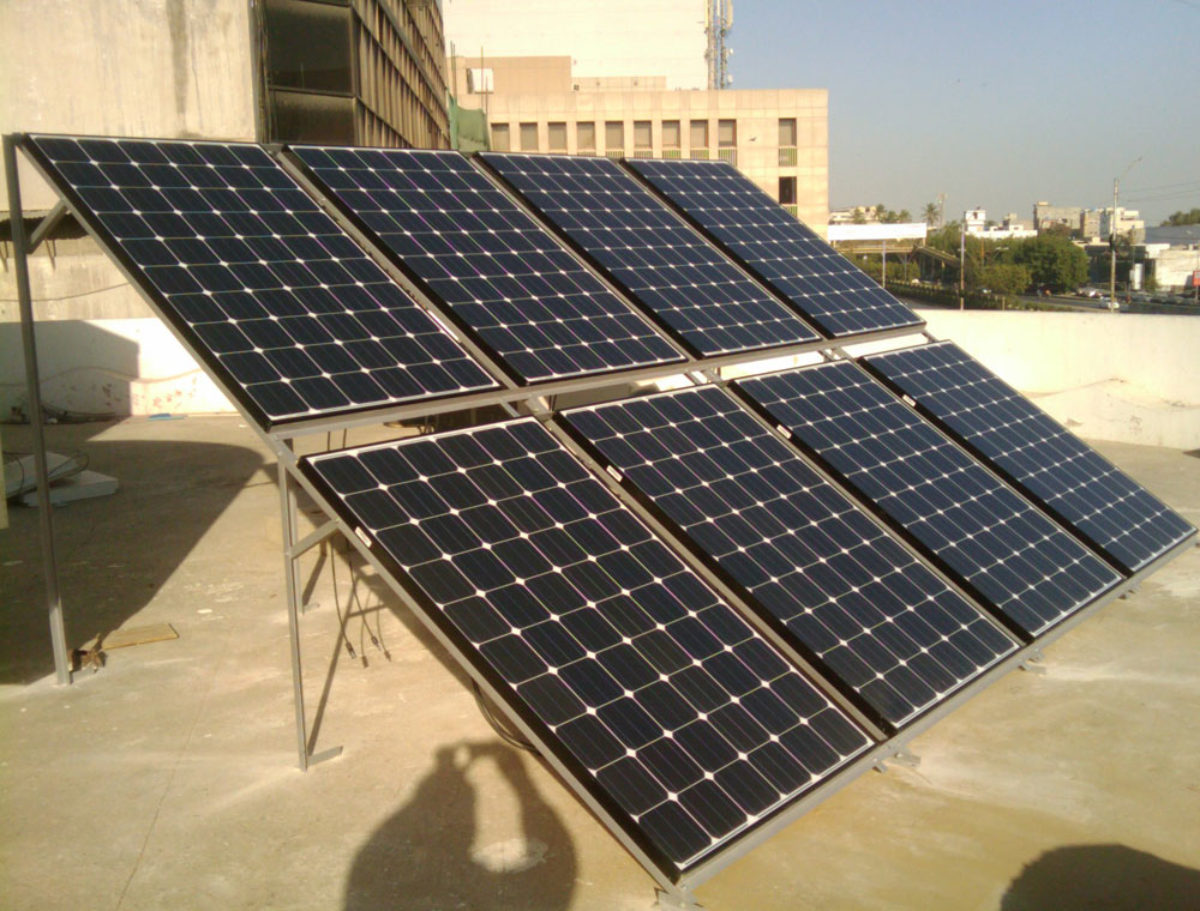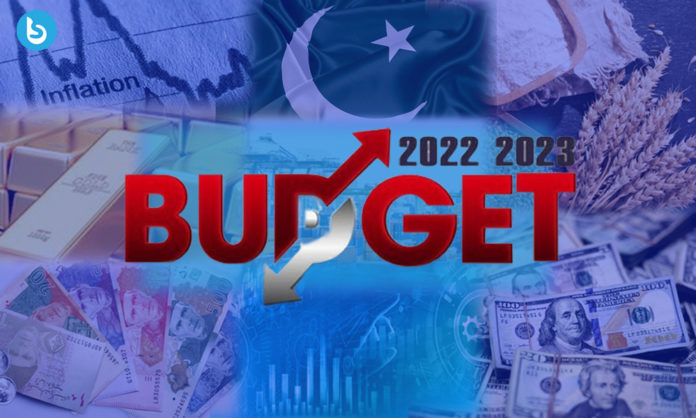It’s a good budget. But it’s good only because it’s the first of many for 2022-23.
In simpler words, the supposedly “annual” budget-making exercise will most likely be followed by a mini-budget(s) going forward. Why? For starters, it’s highly unrealistic.
This means the government will miss its key targets like inflation, economic growth and tax collection. That’ll upset the International Monetary Fund (IMF) and force the government to change its fiscal course mid-year through a mini-budget. The government will impose new taxes to bring a semblance of balance to its books and obtain fresh loan tranches under the currently stalled IMF loan programme.
For example, there’s zero chance that inflation will stay at or below the anticipated level of 11.5 per cent in 2022-23. There’s no end to the Russian-Ukraine war in sight. Oil, coal and gas prices are going through the roof. Margins on finished petroleum products that Pakistan imports in bulk are at an all-time high. So how exactly the government thinks it can bring down inflation from the existing level of nearly 14pc to 11.5pc in spite of a fresh increase of Rs60 on every litre of petrol and diesel is beyond comprehension.
Similarly, the envisaged economic growth rate of 5pc is hogwash given the ongoing fiscal belt-tightening coupled with the rapidly rising benchmark interest rate. Demand will shrink, people will scale back consumption and the economy will grow a lot slower than before. Pakistan will miss its economic growth target of 5pc in 2022-23.

The biggest lie in the proposed federal budget relates to the total revenue collection target of Rs9 trillion, up 14pc from the budgeted figure for the outgoing fiscal year. The target seems ridiculous. The petroleum development levy (PDL) of Rs750bn makes up for 68.5pc of the envisaged increase of almost Rs1.1tr in the total revenue collection.
Margins on finished petroleum products that Pakistan imports in bulk are at an all-time high. So how exactly the government thinks it can bring down inflation from the existing level of nearly 14pc to 11.5pc in spite of a fresh increase of Rs60 on every litre of petrol and diesel is beyond comprehension.
According to AKD Securities, the PDL collection estimate for a single litre of fuel comes out to be Rs38, which is higher than the notified ceiling of Rs30. Assuming the government sticks to its plan and further jacks up the retail fuel price, it’ll result in further inflationary pressure and render the 11.5pc inflation target moot.
“Given the soaring crude oil prices in the international market, we may see a shortfall in collection under this head, which will need to be compensated elsewhere,” said the brokerage house. The last government missed its budgeted PDL collection target of Rs500bn for the outgoing fiscal year by a wide margin amidst mounting oil prices internationally and political troubles at home.
Hence, one can say it safely that the mini-budget is unavoidable. In fact, Finance Minister Miftah Ismail just dropped a hint to that effect. He said in his post-budget press conference that the relief on personal income tax announced a day earlier in parliament may well be withdrawn. The IMF is “still unhappy” and not willing to give relaxation on the demand for higher tax revenue.
The outlay of the budget is Rs9.5tr, with a development component of Rs808bn. The country will spend 41.5pc of its total annual budgetary outlay just to make interest payments on past loans. The absolute figure for debt servicing (Rs3.95tr) is 25.6pc higher than what the government has paid in the outgoing fiscal year.
The budget has been nothing but bad news for the banking sector. It’s set to pay income tax at the rate of 42pc as opposed to the earlier 39pc in addition to a poverty alleviation tax of 2pc.
The nation will spend Rs1.5tr on defence, up 11pc from the amount budgeted for the outgoing fiscal year. This constitutes about 16pc of total annual expenditures.
The good, the bad and the neutral
It’s most likely that your income tax will go down if you live on a monthly salary. The government has reduced the number of income tax slabs for salaried people from 12 to seven and increased the exemption threshold from Rs600,000 to Rs1.2m a year.
This means there’s zero income tax on a monthly salary of less than Rs50,000. You’ll pay only Rs100 in annual income tax if your salary is less than Rs1.2m a year.
If your annual salary exceeds Rs1.2m but is less than Rs2.4m, you’ll have to pay 7pc on any income that’s in excess of Rs1.2m. There’re four more slabs with the maximum income tax rate of 32.5pc a year.

One of the best features of the proposed budget is its focus on taxing the real estate. If you have property worth more than Rs25 million other than the one you currently occupy, the government will “assume” you’re earning an annual income equalling 5pc of the property’s fair value. Subsequently, you’ll be liable to pay a 20pc tax on your “assumed” rental income.
Moreover, advance income tax on the purchase and sale of property will be increased from 1pc to 2pc for filers and to 5pc for non-filers. So your taxes are going up significantly if you’re rich and own multiple real estate assets. Otherwise, you should be happy that the government is finally looking for ways to tax the untaxed.
For stock market investors, the government has proposed rationalising capital gains tax (CGT). As such, your tax rate on any gains earned on shares that you owned for less than one year will be 15pc. The tax rate will go down by 2.5 percentage points a year and become zero after six years.
“The average CGT rates now will be lower than old rates, which were fixed at 12.5pc for a holding period of six years,” said Topline Securities in an explanatory note to its clients.
The government has withdrawn the tax credit that was available to individuals on mutual fund and pension fund investments. As a result, the brokerage foresees redemptions from equity mutual funds with some amount being diverted to direct stock market investments.
The budget has been nothing but bad news for the banking sector. It’s set to pay income tax at the rate of 42pc as opposed to the earlier 39pc in addition to a poverty alleviation tax of 2pc.
Electricity users who consume less than 200 units a month will be eligible for soft loans on easy terms from banks for the purchase of solar panels — a move that’ll directly benefit the middle class struggling under the weight of ever-rising utility bills.

As for the automobile buyers, the proposed budget seeks to increase the advance tax on the purchase of vehicles above 1,600cc. This measure will result in an increase in the car prices for Indus, Honda, KIA and Hyundai, but not Suzuki, which sells mostly small cars.
The government is exempting customs duties (CD) on more than 26 Active Pharmaceutical Ingredients, which are the main ingredients of drugs. The move will stabilise drug prices and promote local production.
The budget envisages a reduction of customs duties on woven fabrics and raw materials for the footwear industry. Topline Securities says the step will lower the cost of raw materials for local manufacturers like Bata Pakistan, Service Industries and Service Global Footwear. There’s also going to be a reduction in the customs duties on the import of raw materials for snacks manufacturers.
Thanks to its overambitious targets, the budget is likely to have fewer hits than misses. Barring a sudden (and improbable) drop in global energy prices, there’s little chance its projections will stand the test of time.







































